
 |
|
|
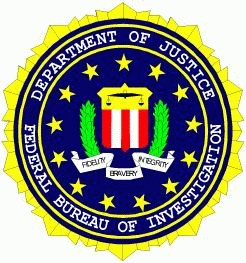 |
 |
|
UK`s Embassy in Chile Santiago & MI5 Agent in Work - Early Days... 8/7/11 |
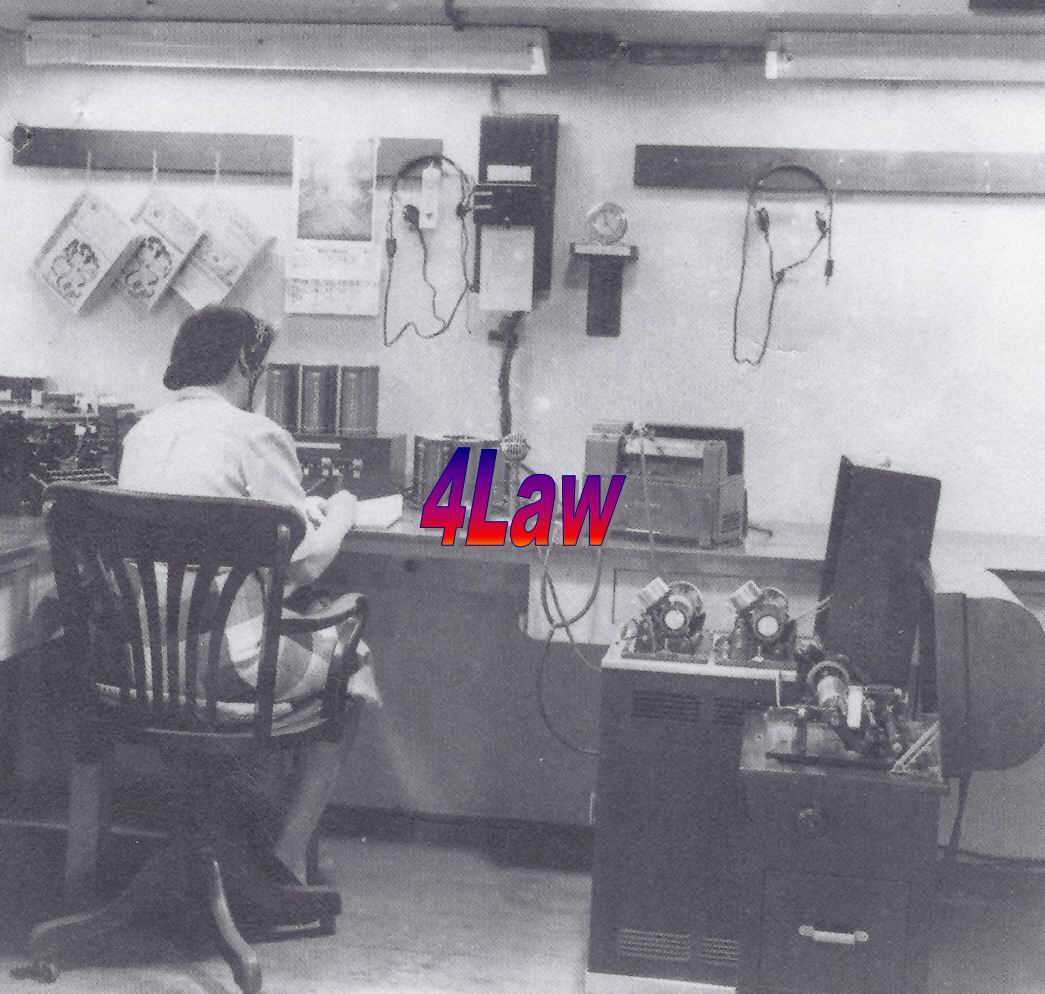 |
|
|
|
|
 |
 |
|
|
|
|
|
|
|
|
 |
|
|
|
Israeli MK Soviet Origin Marina Solodkin - USSR born in 1952 Immigrated from Russia 1991 |
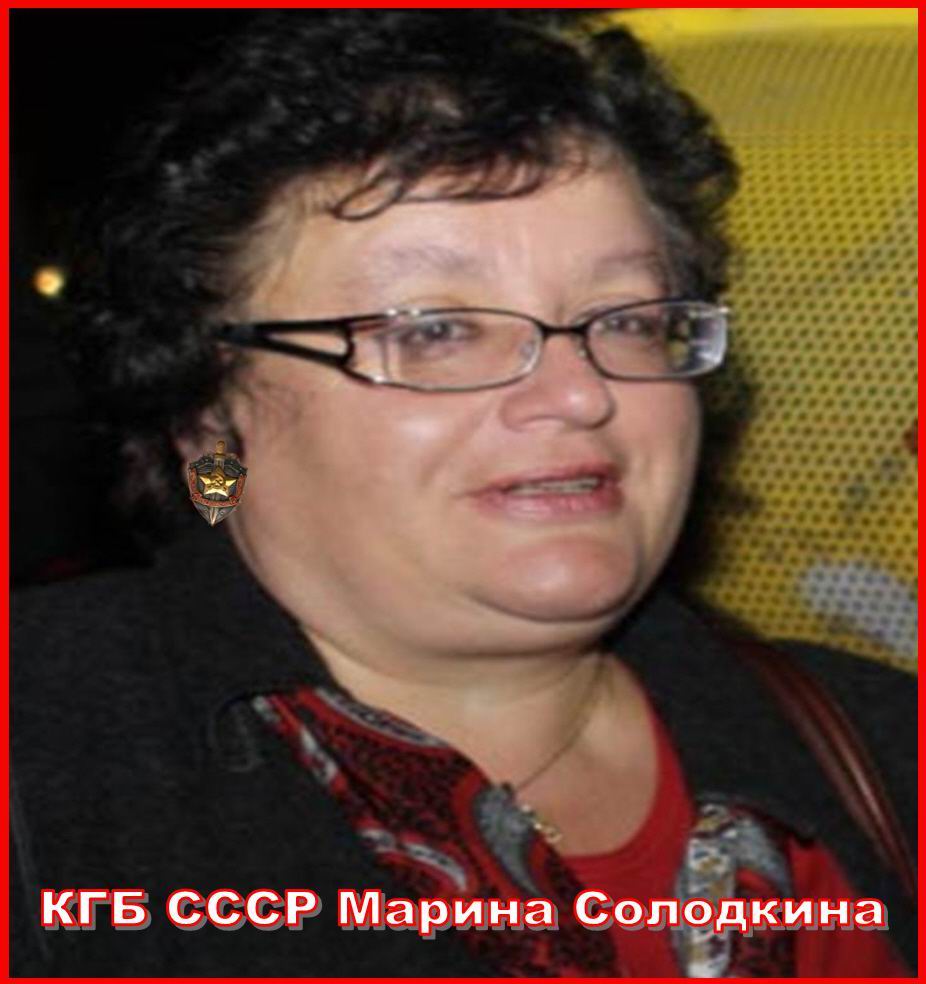 |
|
a legislative proposal to ban the free distribution of newspapers (IsraelNews) |
|
|
|
|
 |
|
|
|
|
|
|
|
|
|
|
|
Master Spy Gen. Vadim Kirpichenko on Theft of US Nuclear Secrets - The Document in Russian Only 15/5/10 |
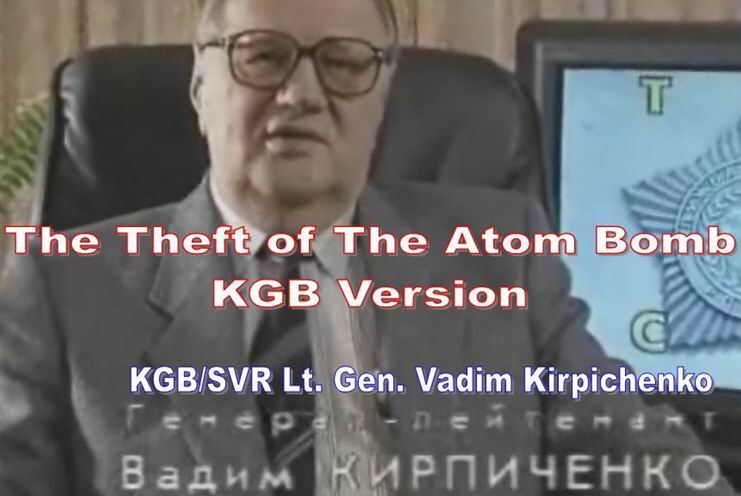 |
|
|
|
|
|
|
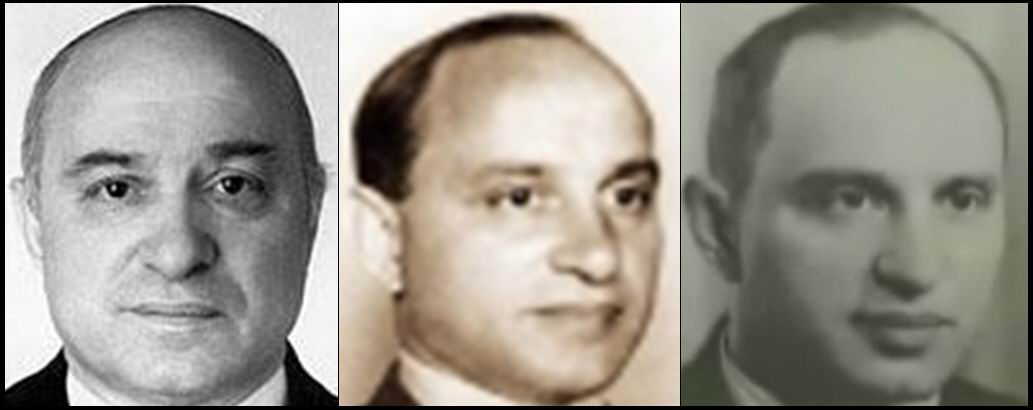 |
| The Theft of The Atom Bomb KGB
Version Hall of Fame - NKVD/MGB/KGB
Jewish Lt.Col. Semyon Semyonov Taubman /Semen Markovitch Semenov born into
a poor Jewish family in Odessa.Moscow Textile Institute graduate and postgraduate
studies at MIT in the U.S. Fluent in English and French. As a Russian official
of the Amtorg (New York office of AMTORG,
the Soviet/Russian trade organization serving as a front for the GRU/KGB/SVR)
Trading Corp., Soviet purchasing agency with American headquarters in New
York City, Semenov directed Harry Gold's activities as an espionage courier
from 1940 to 1944. The Rosenbergs were placed under the control of Semyon
Semyonov (whom the FBI knew as Semen Semenov). One of the KGB`s most active
and efficient workers of scientific and technical intelligence. Had to
connect up to 20 agents on the line. In 1950 in connection with the so-called
"The Doctors Plot" alleged conspiracy to eliminate the leadership
of the Soviet Union by selected Jewish doctors poisoning top leadership
(Stalin's Anti-Semitic fabrication case set up by Stalin according
to Khrushchev ).KGB has started cleaning the KGB of persons of Jewish nationality.
Despite the significant positive results in the work, Semenov was dismissed.
Semenov forced to retire with no state pension.He was fired from security
bodies without the right to retire.He worked in a textile mill boiler
and as a translator in a publishing house.Only 23 years after his dismissal
at the request of his intelligence chief Semyon Semyonov set a personal
pension USSR - 120 rubles ...The Atom Spy Semen Markovitch Semenov died
in 1986.For carrying out special assignments in scientific and technical
intelligence, including nuclear issues,he was awarded the Order of the
Red Star and Red Banner of Labor.
Dead Semenov today is a decorated KGB hero in The Theft of The Atom Bomb KGB Version - Official Hall of Fame Video Clip. |
|
|
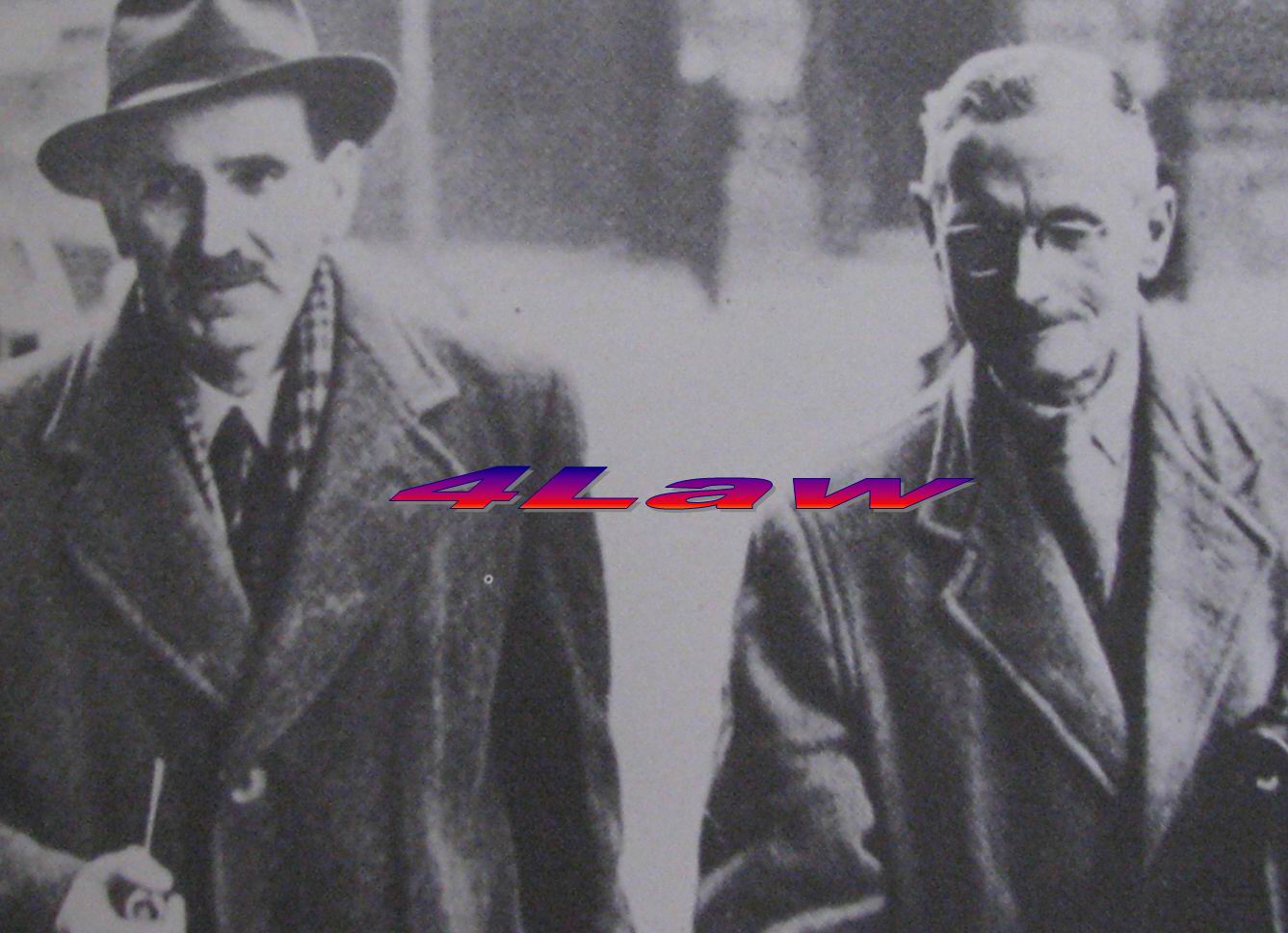 |
| 'Jim' Skardon and Henry Arnold - MI5`s chief interrogator, William 'Jim' Skardon (left), with the Harwell security officer, Henry Arnold. Though there was no usable evidence capable of convicting Fuchs, Skardon`s sympathetic questioning eventually coaxed a confession from him.In developing the atom bomb Fuchs worked on this project in the US from 1943 to 1945. On returning to the UK Fuchs worked for the Atomic Energy Research Establishment Harwell. |
| Emil Julius Klaus Fuchs and
Harry Gold - The Home Office gave way, and
two FBI officers, Hugh Clegg and Robert Lamphere, arrived to interview
Fuchs...Information from Fuchs made it possible to identify his most important
Soviet intelligence contact in the United States as the industrial chemist
Harry Gold, who provided further evidence on the Rosenberg spy-ring and
other Soviet agents in America.(40)
(40)`Extract from statement made by Dr. Fuchs to the FBI`, 26 may 1950, TNA KV 2/I255,s.689a (Chritoper Andrew "The Defence of the Realm - The Authorized History of MI5" 2009, Page 389,927) |
|
|
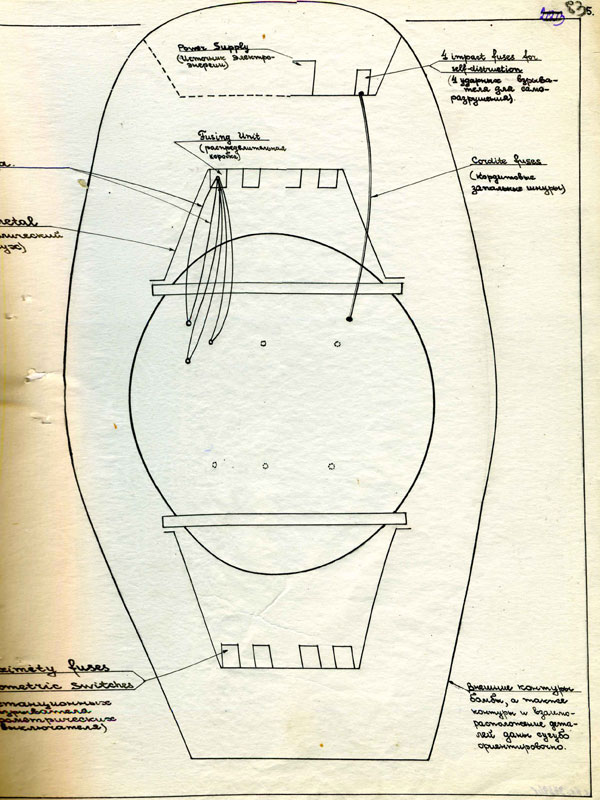 |
|
|
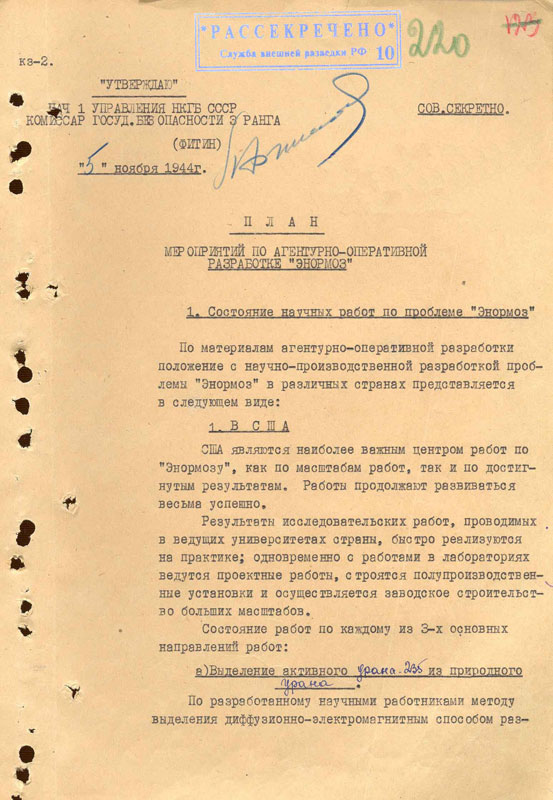 |
|
|
|
|
|
|
|
|
|
|
|
|
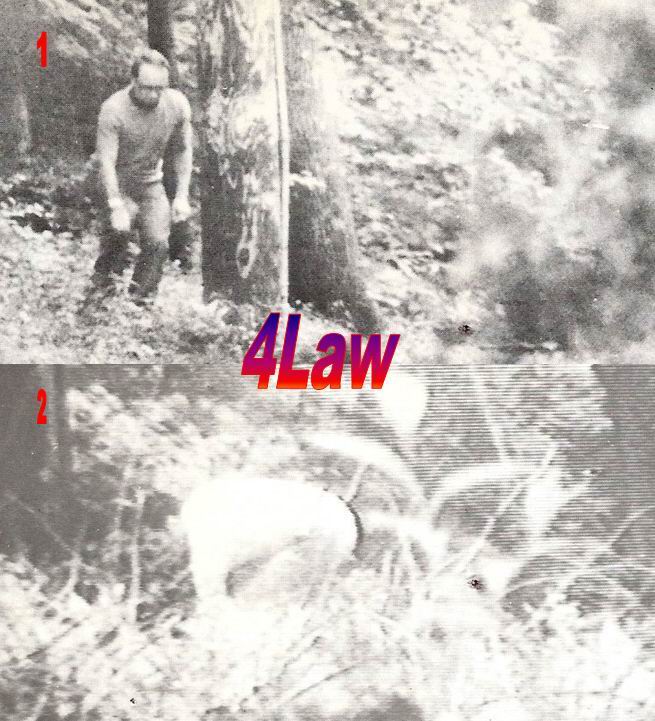 |
|
|
 |
|
|
|
|
|
|
|
|
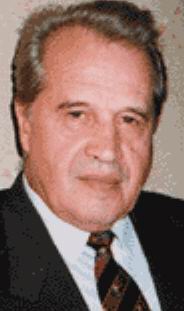
KGB Officer,Victor Cherkashin "Suspiciuos about Polyakov were further confirme in 1979 when an FBI agent in New York contacted AMTORG...That FBI agent was a junior officer named Robert Hanssen." SPY HANDLER - Page 112 "Polyakov was one of many spies put on trial following the KGB`s recruitment of Ames and Hanssen during and after the so called Year of the Spy,1985. " SPY HANDLER - Page 113
"Hanssen allowed us to penetrate U.S. Intelligence to such a degree that we came to regard him as our greatest assest , surpassing even Aldrich Ames " SPY HANDLER - Page 225 "Hanssen was a computer and electronic technology whiz " SPY HANDLER - (Russian Link) - Page 231 Soon the junior FBI special agent began his first stint as a spy.Hanssen walked into the New York office of AMTORG, the Soviet trade organization serving as a front for the GRU,and volunteered to provide intelligence.During the following months, he exposed Dimitri Polyakov and gave GRU a secret FBI list of Soviet diplomats suspected of being intelligence officers" SPY HANDLER - Page 232 "I selected a rezidentura Line KR officer to handle most of the operational work.He`s been identified as Alexander Fevfelov in previous accounts of the Hanssen case. and I`ll continue calling him that.The young officer had never taken part in an operation before, so he couldn`t be identified by the FBI" SPY HANDLER - Page 235 "The information Hanssen provided Moscow was worth tens of bilions of dollars.He supplied the KGB and then the SVR with thausands of documents , many on twenty-seven computer disks containing information from FBI servers" SPY HANDLER - Page 245 "I found out later that it was Mislock`s computer Robert Hanssen had hacked in 1992 to prove the FBI system wasn`t secure.Mislock was chief of counterintelligence operations against Russia at the time" SPY HANDLER - Page 292 SPY HANDLER , Memoir of a
KGB Officer,
|
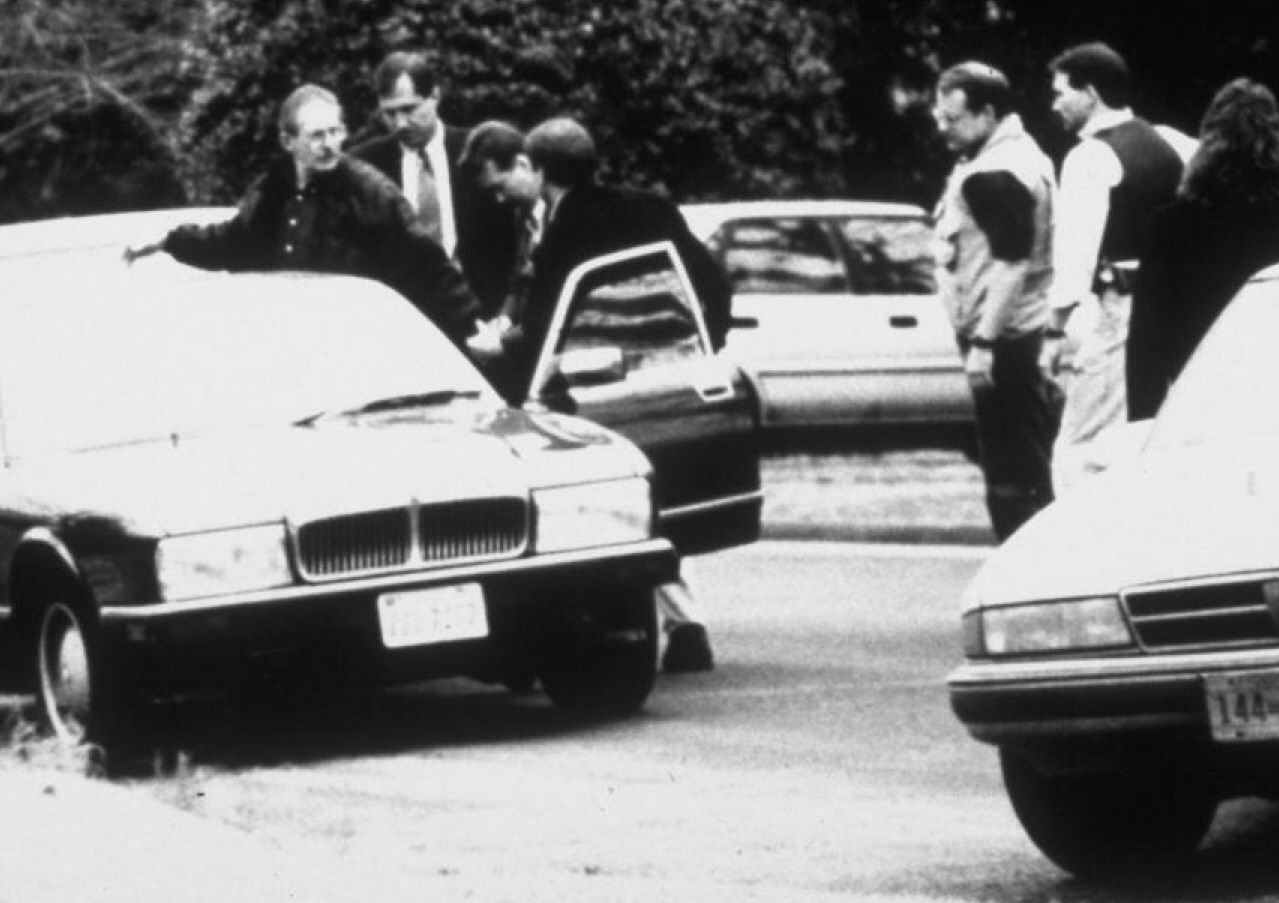 |
|
|
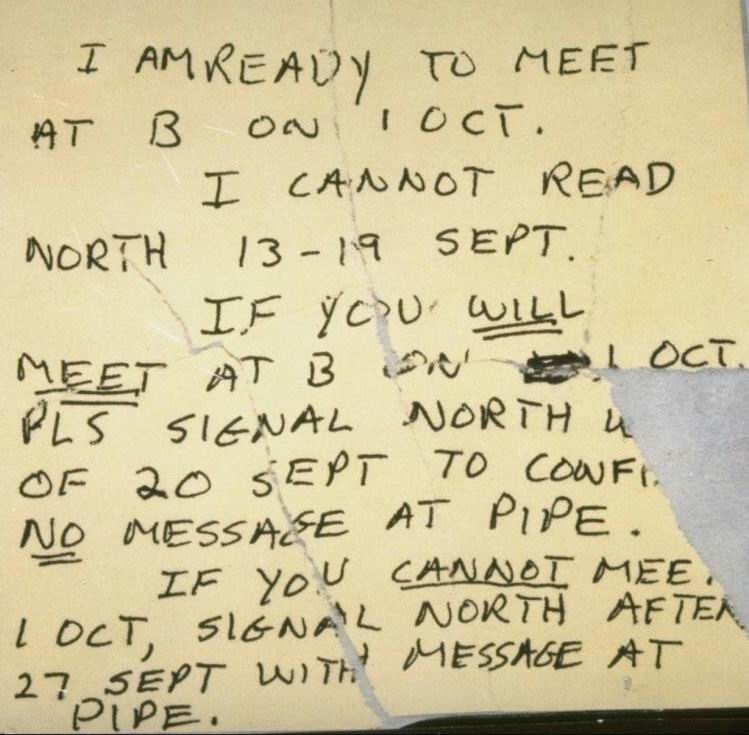 |
|
|
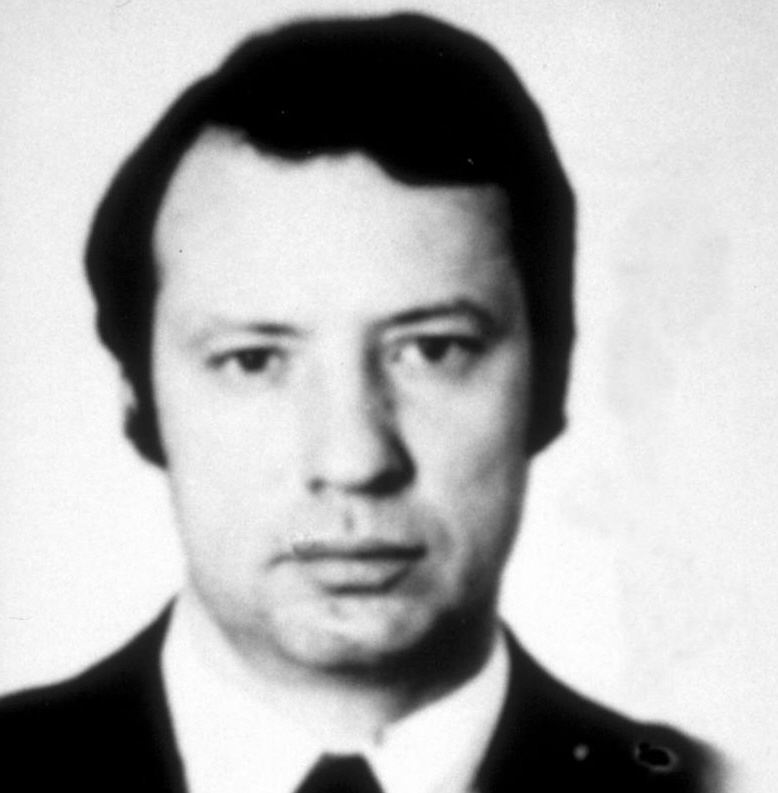 |
|
|
|
|
|
"No intelligence source in a war zone is brought into a base of any kind without being checked and screened. When your principal adversary uses suicide vests as a standard tactic that is doubly true. No source of any kind, no matter where, needs to be brought into a facility and put in proximity to 13 or 14 officers. Even absent a terrorist threat, the potential compromise of officers' identities and base capabilities is enormous and unwarranted." (Charles S. Faddis. CNN 11/1/10) Charles S. Faddis is a retired CIA operations officer and the former head of the CIA's unit focused on fighting terrorism involving weapons of mass destruction |
|
Agents & 1 Jordanian Intel. Officer Captain Sharif Ali bin Zeid Al Aun Bomber Being Recruited As CIA Source |
|
|
 |
 |
|
Ex Navy Seal Jeremy Wise, Harold E. Brown Jr.,Dane Paresi,Elizabeth Hanson. |
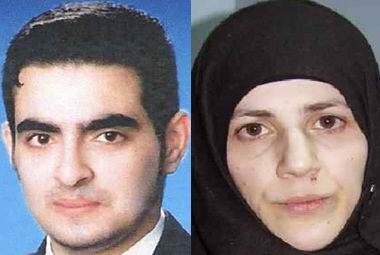 |
|
|
|
|
|
Shamai Leibowitz, a former FBI linguist who pleaded guilty to the unauthorized disclosure of classified intelligence information to an unidentified blogger, reported to prison this week, his attorney said (pdf). Leibowitz has begun serving a twenty-month sentence at the Federal Correctional Institution (FCI) - Low in Petersburg, Virginia |
|
|
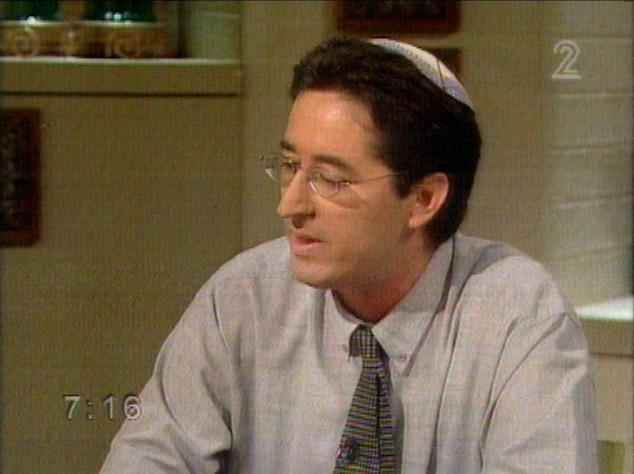 |
|
|
|
|
|
|
|
|
 |
 |
|
|
|
|
| Son of Imprisoned Spy Pleads
Guilty to Two Counts of Federal Indictment
Defendant Admits Role as Agent of the Russian Federation and in Money Laundering Conspiracy UNITED STATES ATTORNEY'S OFFICE - District of Oregon - August 27, 2009 Portland, Ore. – Acting U.S. Attorney
Kent S. Robinson announced today that Nathaniel James Nicholson, 25, of
Eugene, Oregon, appeared before U.S. District Judge Anna J. Brown and pled
guilty to the crimes of conspiracy to act as an agent of a foreign government
and conspiracy to commit money laundering. The maximum penalties
for those crimes are five years in prison and a fine of $250,000, and 20
years in prison and a fine of $500,000, respectively. Judge Brown
scheduled sentencing on January 25, 2010. Nicholson’s father, Harold J.
Nicholson, a former Central Intelligence Agency (CIA) employee, is serving
a 283-month sentence at the Federal Correctional Institution (FCI) in Sheridan,
Oregon, for a 1997 conviction of conspiracy to commit espionage. The government
alleges that defendant Harold J. Nicholson, working through his son Nathaniel
J. Nicholson, received cash proceeds for his past espionage activities
from agents of the Russian Federation between 2006 and 2008. Nathaniel
J. Nicholson, who has been on pre-trial release, admitted in his plea that
he met with his father, Harold J. Nicholson at the prison in Sheridan on
several occasions. At these meetings, he received information and
directions from his father regarding his contact with agents of the Russian
Federation. Defendant admitted he traveled to several locations outside
the United States, met with agents of the Russian Federation, and received
money in return. Nicholson admitted to receiving instructions from
an agent of the Russian Federation to obtain information from his father
Harold J. Nicholson. After collecting money from the Russian Federation,
he disbursed the money to family members as directed by Harold J. Nicholson.
In entering his plea of guilty, defendant admitted the funds he received
from the Russian Federation were proceeds of his father’s past espionage
activities. Defendant further admitted traveling to the following
international locations and returning to Portland, Oregon with funds received
from the Russian Federation:Defendant returned to Portland, Oregon on December
17, 2006 from Mexico City, Mexico with approximately $10,000 he received
from an agent of the Russian Federation.Defendant returned to Portland,
Oregon on July 12, 2007 from Mexico City, Mexico with approximately $9,080
received from an agent of the Russian Federation. Defendant returned to
Portland, Oregon on December 13, 2007 from Lima, Peru with approximately
$7,013 received from an agent of the Russian Federation. Defendant
returned to Portland, Oregon on December 14, 2008 from Cyprus carrying
approximately $9,500 received from an agent of the Russian Federation.
|
|
|
|
|
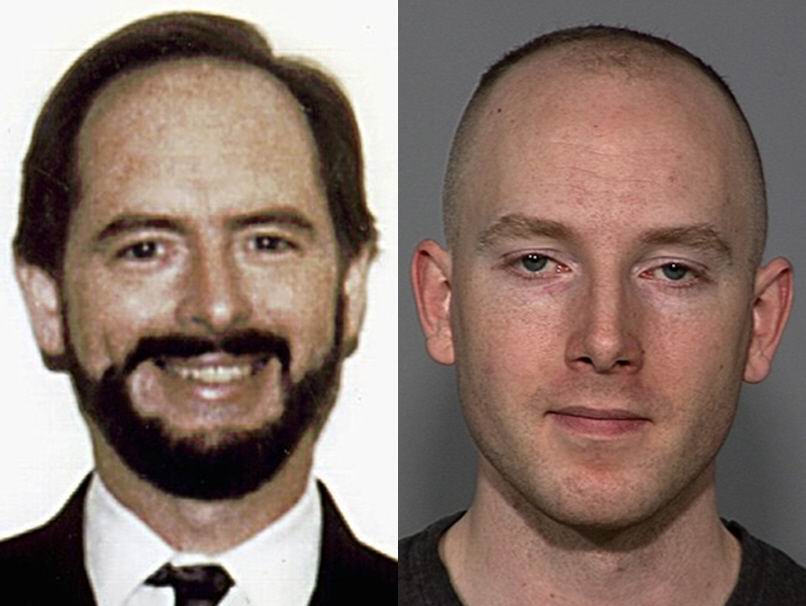 |
|
|
|
|
|
|
|
|
 |
|
|
|
|
|
|
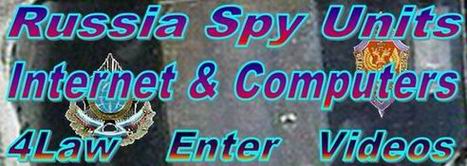 |
| U.S. Diplomat Named In Purported
Sex Video
10 August 2009
A senior U.S. diplomat in Moscow was caught up in a sex scandal on Friday, after a grainy video that purports to show him meeting prostitutes was picked up by national newspapers.The man is named as Kyle Hatcher, the second secretary of the U.S. Embassy, in the video, which was originally published Thursday on Informacia.ru. The video was covered in Izvestia and Komsomolskaya Pravda on Friday.Izvestia ran a story headlined “An American Diplomat Knows How to Negotiate With Russian Tarts,” while Komsomolskaya Pravda headlined its story “Smut: The Sin of a Diplomat.”A spokeswoman for the U.S. Embassy said she was aware of the story but that she could not comment or confirm whether Hatcher works at the embassy.Hatcher’s cell phone was switched off Friday afternoon.His work involves meetings with Russian Orthodox Church priests, a fact mentioned in the news coverage. The web site of the Moscow Patriarchate writes that he attended a meeting between Patriarch Kirill and U.S. Ambassador John Beyrle on July 3.His profile on the Linkedin.com networking web site says he became a foreign service officer in 2007 after working as a financial analyst at the Treasury Department. The Izvestia story says the makers of the video approached Hatcher with a blackmail demand and published the video after he approached embassy officials for help.The heavily edited video does not show any sex and is too grainy for the man’s face to be clearly identifiable. It begins with recordings of a man speaking Russian with a foreign accent, who talks to women called Tina, Sonya and Veronika on the telephone and arranges meetings. One of the addresses is on Kutuzovsky Prospekt.The film also shows a man in winter clothing talking on the phone on a snowy street.It then cuts to a hotel room with a man in a T-shirt and shorts lying on the bed. He stands on a chair and checks something close to the camera. A woman comes in and the couple are shown undressing and walking to the bathroom.The article on Informacia.ru says the scenes were filmed in March. It also insinuates that Hatcher works for the CIA.The web site’s chief editor, Vladimir Alexandrov, said in e-mailed comments Sunday that the video came from a “proven and trustworthy source,” declining to elaborate.The same web site ran a video showing a man resembling British diplomat James Hudson having sex with two prostitutes in July. Hudson, who served as the deputy consul general in Yekaterinburg, resigned from the Foreign Office after The Sun covered in the story.(The Moscow Times) |
 |
|
|
|
|
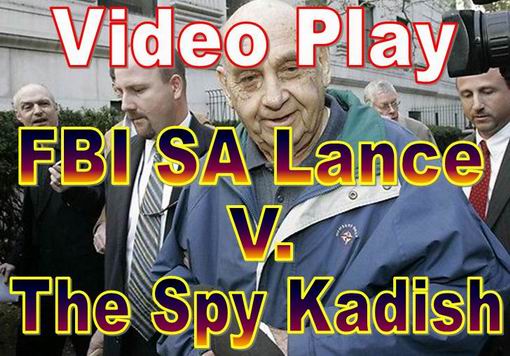 |
|
|
|
|
|
|
|
|
|
|
|
|
|
|
|
|
|
|
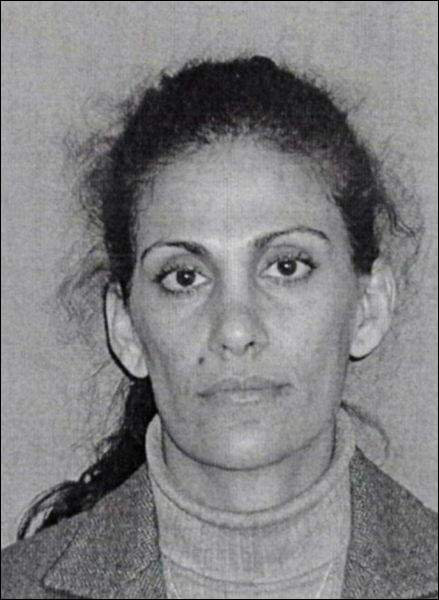 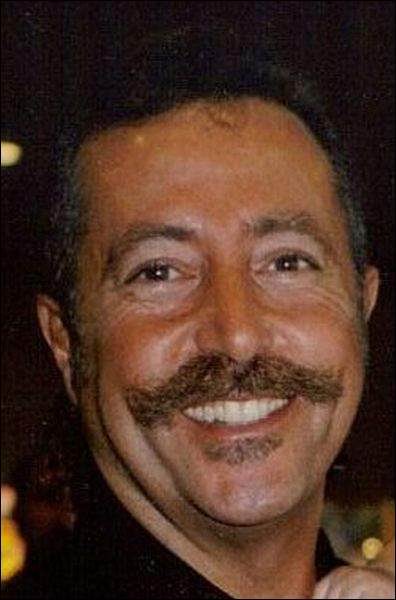 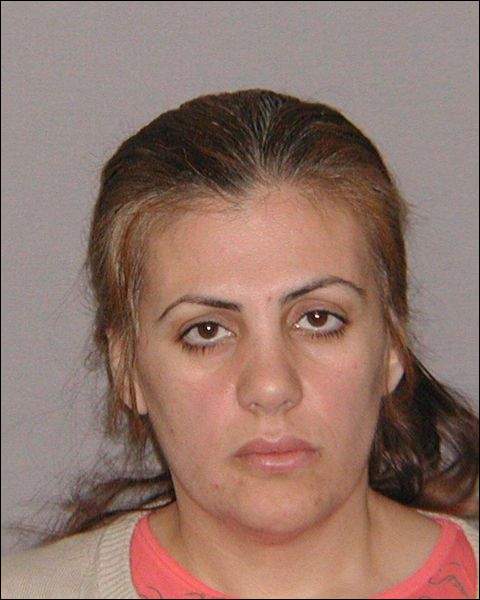 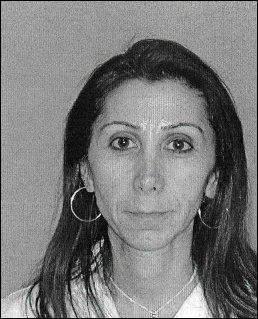 |
|
|
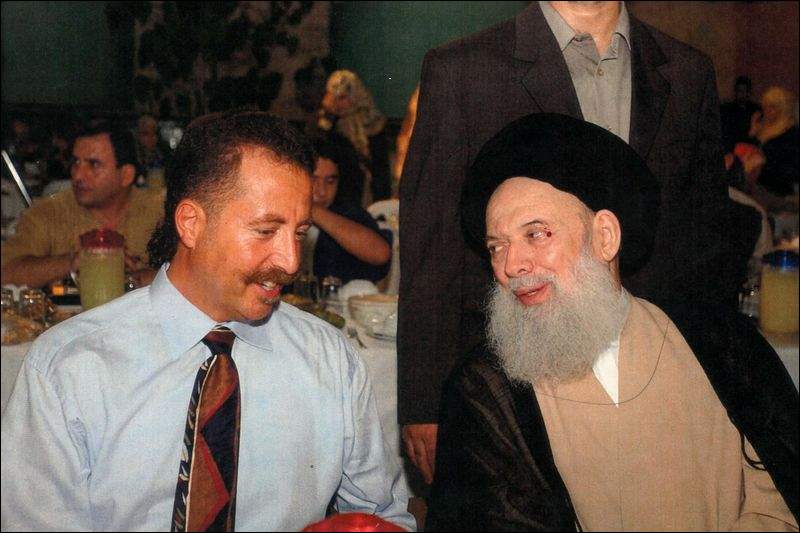 |
|
|
|
|
|
|
 |
|
Hanssen : Internet & Computers |
| UPDATE 2/3/07 - The Movie “Breach,” Opened in Theaters |
|
To Catch A Spy - The Wrong CIA Man - |
| 3/2/2007 9:59:53 AM
Eric O'Neill, Former FBI Agent, Robert Hanssen Case Eric O'Neill, Former FBI Agent, Robert Hanssen Case gives a detailed look into the Robert Hanssen spy case. Mr. O'Neill was an FBI agent involved in catching Mr. Hanssen. The FBI forbade Mr. O’Neill to speak publicly until recently. Mr. O’Neill served as a special consultant to the movie “Breach,” which opened in theaters. |
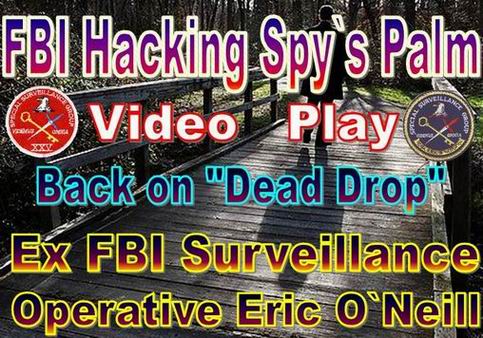 |
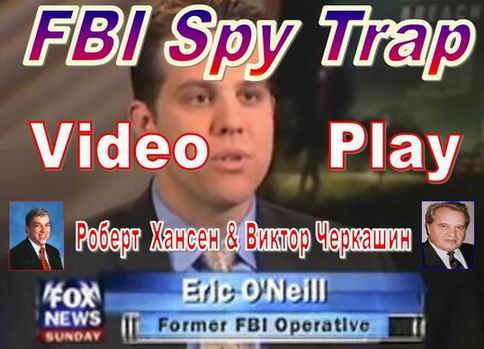 |
| Official Website of The Movie "Breach" |
| New movie shows FBI
rookie's role in catching spy
WASHINGTON (Washingtonpost/Reuters) - Eric O'Neill was a young,FBI surveillance operative when recruited for a new assignment: help catch perhaps the most damaging spy in U.S. history. O'Neill was assigned to FBI headquarters in January 2001 in an undercover role to assist veteran FBI special agent Robert Hanssen, a suspected mole who had been compromised by the Russians.An FBI team of hundreds investigating Hanssen hoped the 26-year-old O'Neill, who was not even an agent, would gain Hanssen's trust and help catch him in the act of passing U.S. secrets.Hanssen's arrest six years ago, his subsequent guilty plea to more than 20 years of spying and his sentence of life in prison are well known, but details of O'Neill's role were scarce until the recent release of the movie "Breach," based on his story.In the Universal Pictures' film, actor Ryan Phillippe stars as O'Neill, while Academy Award winner Chris Cooper plays Hanssen.In an interview, O'Neill talked about the notorious case now made famous by Hollywood, saying he was amazed the FBI would bring in someone so young for such a mission."These cases come up once every several decades," O'Neill said.FBI officials said O'Neill's background in computers helped get him the assignment. Hanssen was reassigned on January 13, 2001, to a newly created job at headquarters to help revamp the FBI's computer system.But the assignment created so the FBI team could monitor Hanssen's daily activities without tipping him to their investigation."We hoped he (O'Neill) could pull it off without arousing suspicion," said one FBI agent. "They took a chance on him."At one point, O'Neill almost got caught in one of the movie's most dramatic scenes. 'THAT WAS THE WORST' Hanssen left his office as arranged to go to the FBI's firing range. Hollywood enhanced the story line to have him also lose patience at a picture-taking session for a portrait to commemorate 25 years with the bureau.While the veteran agent was gone, O'Neill took Hanssen's Palm Pilot and copied information but nearly got caught because he almost put it back in the wrong pocket of Hanssen's briefcase."I sat there thinking I've just ruined this entire operation," O'Neill said. "That was the worst."It turned out O'Neill had put the hand-held device back in the correct pocket. Hanssen asked him if he had been in his briefcase. "I just lied the best I could and convinced him," O'Neill said.Court documents said the device contained a specific upcoming date, time and reference to the site in nearby Virginia where Hanssen and the Russians exchanged information. The details led to Hanssen's arrest.In another scene, O'Neill had to keep Hanssen away from headquarters so FBI agents could search his car. The quick-thinking O'Neill first got them stuck in a traffic jam and then convinced Hanssen to get back into the car instead of walking back to headquarters. The evidence obtained from that search included secret documents about ongoing FBI counterintelligence investigations, among other things, according to the court records. The government contended Hanssen's disclosures were among the most damaging ever to U.S. interests. O'Neill could not even tell his wife, Juliana, about the real purpose of his mission, which created tension in their new marriage. "It was very difficult to lie to her, but I was required to. That just goes with the job," O'Neill said. After Hanssen's arrest on February 18, 2001, O'Neill went back to his old job and decided to leave the FBI in May 2001. In the movie, he packed up his desk on the day Hanssen was arrested. "The hardest decision I made was to leave the FBI," O'Neill said. "I just decided that this wasn't the sort of life I wanted to live." A graduate of George Washington University law school, he now works for a law firm in Washington, specializing in national defense. The movie provided no definitive reason why Hanssen sold out his country for $1.4 million in cash and diamonds. It does have Hanssen speculating after his arrest that another American spy might have acted because of ego or an urge to expose lax U.S. security. |
 |
| 1. Jailing in Russia of Supermole
Following Hanssen Arrest - Unique exposure
15/6/03 - Moscow revealed that
a Russian intelligence officer who had settled in the United States had
been lured back home and arrested.Aleksandr Zaporozhsky, a former colonel
in the S.V.R., Russia's foreign intelligence service, has been sentenced
to 18 years in jail for spying for the United States, Russian officials
disclosed.Mr. Zaporozhsky had been living in Maryland but in November 2001
was somehow induced to return to Moscow, where he was quietly arrested
and jailed.Russian news reports of his sentencing suggested that
he had been drawn into an ambush because he was suspected of helping the
United States identify and arrest Robert P. Hanssen, who admitted to being
a Russian mole inside the F.B.I. In addition to the Russian news media,
The Los Angeles Times reported on Mr. Zaporozhsky's case .Apart from the
timing of Mr. Hanssen's arrest, which occurred several months before Mr.
Zaporozhsky was seized in Moscow, there is no available evidence to support
the Russian news accounts that Mr. Zaporozhsky played a role in the Hanssen
case. C.I.A. officials declined to comment on the matter.Russian FSB investigators
believe that agents inside their own intelligence service provided information
that led to the arrests of Aldrich H. Ames and Mr. Hanssen, the two most
important Russian spies discovered in the past decade inside the American
government.In the Hanssen case, the Federal Bureau of Investigation has
acknowledged that it received information from a Russian source that led
to Mr. Hanssen's arrest. That source is not the same person who provided
help in the Ames case, officials said. The Russian source in the Hanssen
case provided files and other materials from Russian intelligence archives
that identified Mr. Hanssen as a longtime spy for Moscow. Among the materials
the source provided was the plastic that Mr. Hanssen had used to wrap classified
F.B.I. documents when he left them for the Russians at clandestine drop
sites in the Washington area. After obtaining the plastic from the Russian
source, the bureau found Mr. Hanssen's fingerprints on the wrapping.
2. Jailing in Russia of Supermole After Hanssen Arrest - Russian TV Combined Video Many stories have emerged about how the CIA
tracked down Hanssen.According to this Russian version - Investigation
on Alexander's Zaporozhsky business last almost one and a half year.
30 witnesses, the majority of them - operating(working) and former employees
of the Russian FSB. The judge of the Moscow district military court has
read a verdict of one and a half hour, journalists have allowed to
be present only on in the final part. All rest - the state secret.
The head of the Center of public relations of FSB Sergey Ignatchenko said:
" If it was in the USA, at least, he could get life imprisonment
, or electric chair ".
|
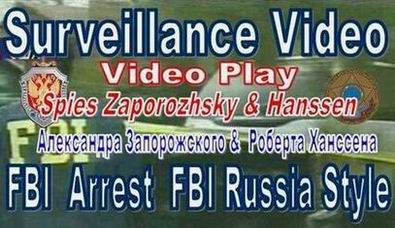 |
|
|
|
|
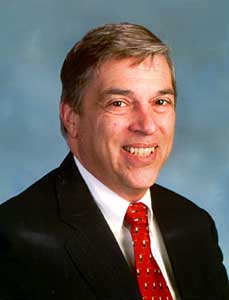
Robert Philip Hanssen |
|
 |
 |
|
On the "Foxstone Park" sign. |
Under a footbridge over Wolftrap Creek near Creek Crossing Road at Foxstone Park near Vienna, Virginia. |
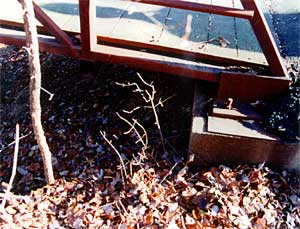 |
 |
|
Under a footbridge over Wolftrap Creek near Creek Crossing Road at Foxstone Park near Vienna, Virginia. |
Package dropped by Hanssen at the Ellis drop site on 2/18/01. |
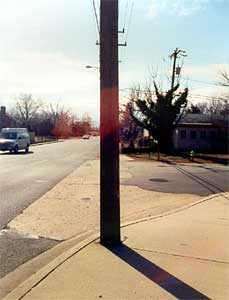
"LEWIS" Signal Site Wooden utility pole located at the North-West corner of the intersection of 3rd Street and Carlin Springs Road near the metrobus stop. |
|
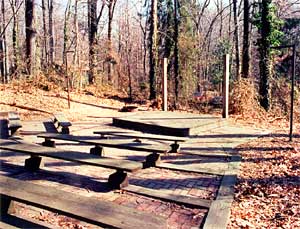 |
 |
|
The far-left corner of the wooden podium (when facing the podium) located in the amphitheater of Long Branch Nature Center. |
Package recovered at the Lewis drop site containing $50,000 cash left by Russians for Hanssen. |
|
|
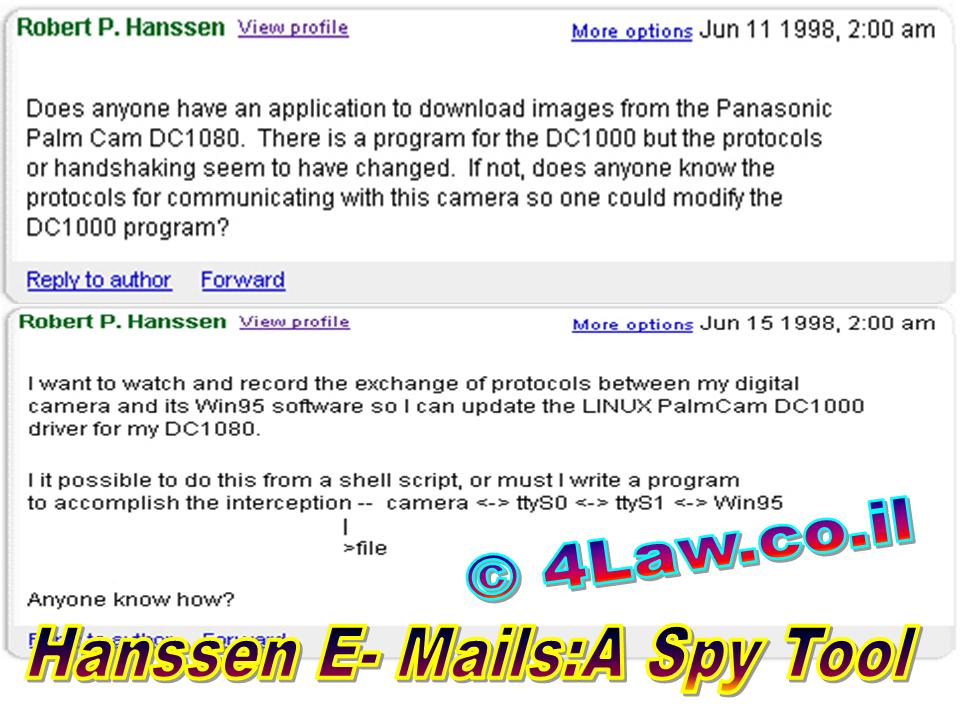 |
 |
|
|
|
|
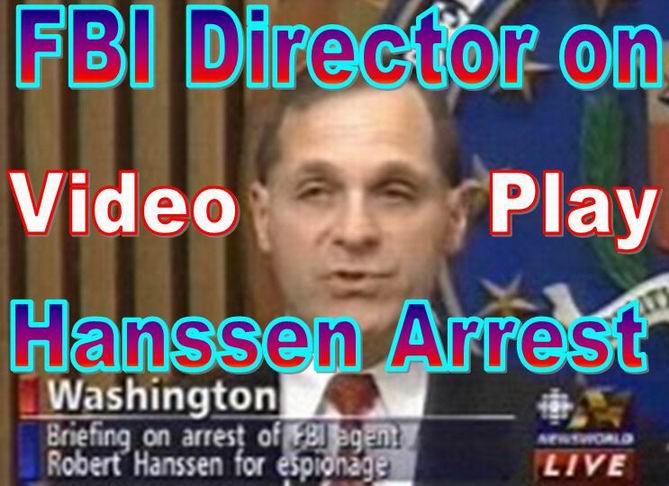 |
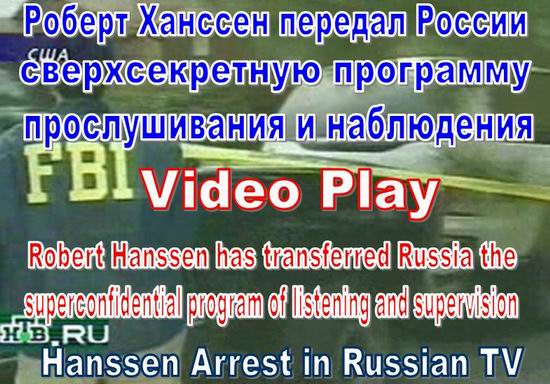 |
| Hanssen - A Hacker in KGB Defector Internet Security Firm |
| Accused FBI turncoat Robert Hanssen wanted to retire into a job selling anti-hacker technology to the government to guard against double agents a former CIA director said . James Woolsey, who led the CIA under former President Bill Clinton, said Hanssen pushed for a job with Invicta Networks, a firm founded by Soviet KGB defector Viktor Sheymov to develop hack-proof computer software for U.S. spy agencies."Hanssen twice aggressively expressed an interest to Invicta executives on being employed by Invicta following his retirement from the FBI," said Woolsey, who is on Invicta's board and also serves as Sheymov's attorney.Hanssen, who allegedly used his computer expertise to hack into FBI files for secrets to sell to Moscow, also boasted to FBI colleagues about getting a big-bucks job when he retired, according to an FBI affidavit. In February 1988, Hanssen told his Soviet handlers that he could read the FBI'S files on Sheymov's debriefings, the affidavit said. More recently, "Hanssen told FBI co-workers that he was considering an offer of lucrative employment by Sheymov after retirement in April," the affidavit said. Woolsey declined to discuss the Hanssen-Sheymov connection in a brief phone conversation . But in a statement faxed to the Daily News (2001 URL) , he said Hanssen met Sheymov in the 1980s and "since that time, the Sheymov and Hanssen families indeed came to be on friendly terms." The families had little contact in recent years, but in December, Hanssen "expressed keen interest in Invicta's technology," Woolsey said.Three weeks before he was arrested Sunday, Hanssen "was briefed on the Invicta technology" as part of his official duties along with several other FBI computer experts, Woolsey said. Sheymov was a rising star and the youngest major in the KGB at age 33 when he defected to the U.S. in 1980 with his wife and daughter. His defection was considered one of the CIA's major Cold War coups. Hanssen, 56, has been charged with espionage crimes carrying the death penalty for allegedly selling secrets to the Soviets and later the Russians for at least $1.4 million in 15 years as a mole. |
|
|
|
|
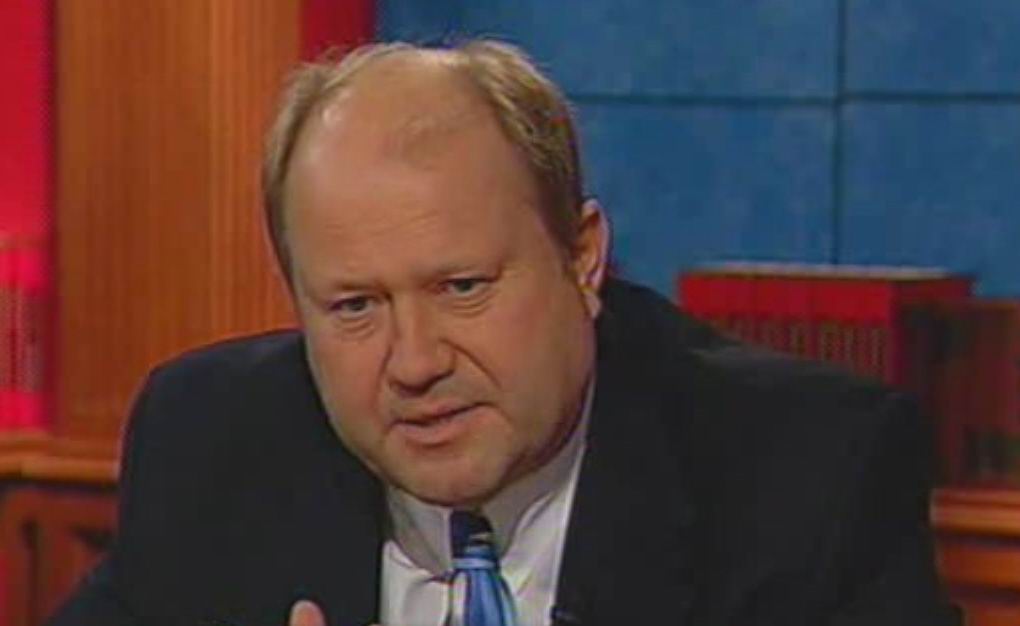 |
|
|
|
|
|
|